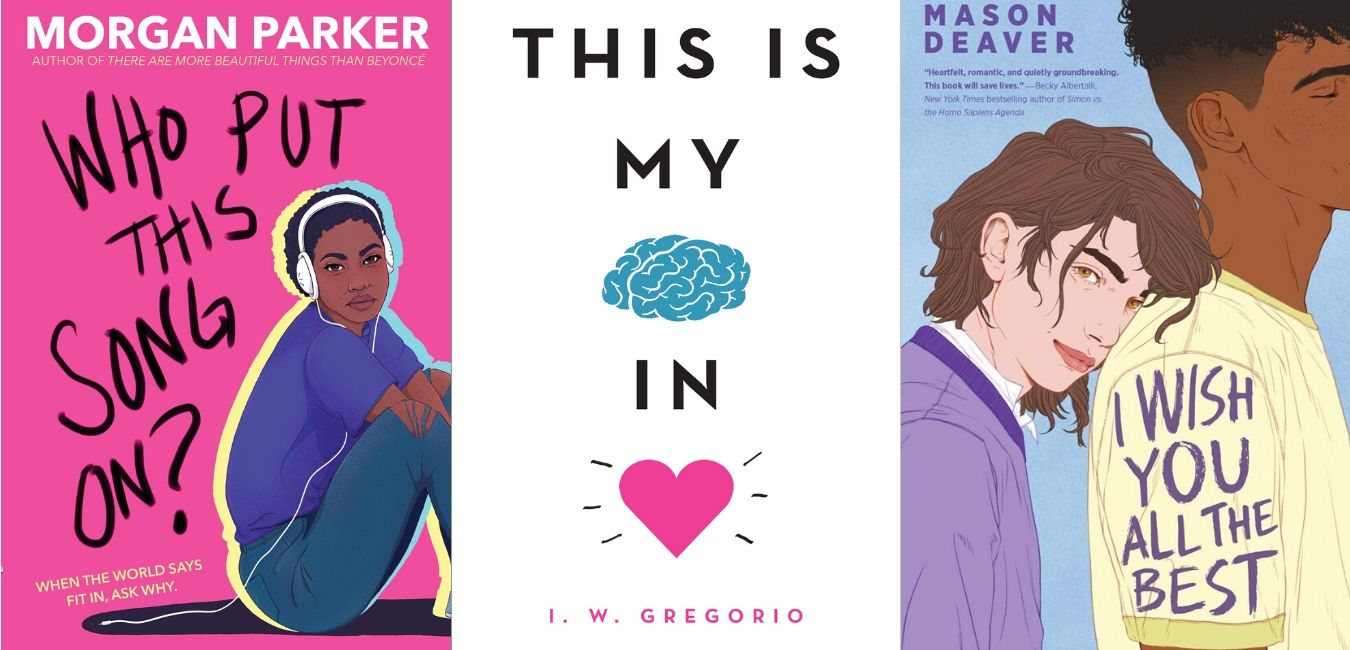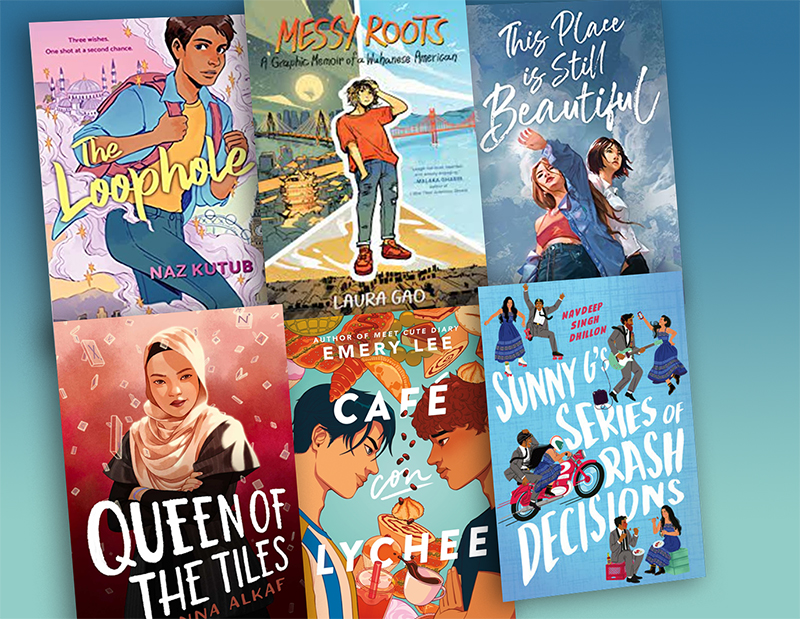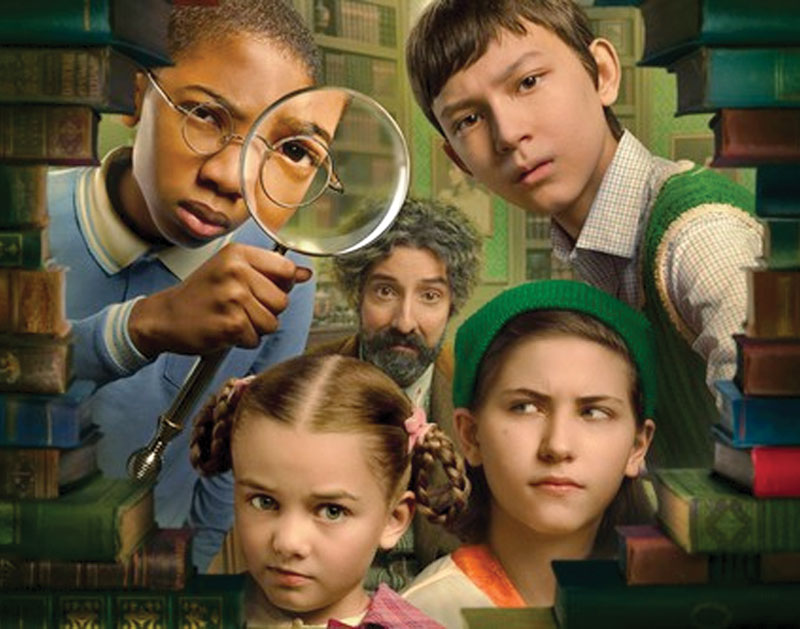More on Text Complexity – this time in students’ free reading
In my last response to this NPR article, I wrote about the complexity of texts used in the Language Arts classroom. I decided to break my response into two parts when I realized that I had SO MUCH TO SAY that I could basically go through and argue each point line by line. I won’t do that to you; we’d all be bored. However, even though I do have a lot more to say about text complexity, let me make my main point clear:
“Reading leads to reading, says Silvey. It’s when kids stop reading, or never get started in the first place, that there’s no chance of ever getting them hooked on more complex books.”
We need the students to be READERS, first, and to worry about WHAT they are reading second, or third, or maybe even not at all. For an interesting take on this, you may want to go read this article at Book Riot. When students are encouraged to pursue their personal interests and given open access to a wide variety of well marketed, attractive reading materials, most will become readers with very little coercion on the part of adults.
For an illustration of what this looks like, I present to you the materials my nephew (aged 11 – almost 12, about to enter 6th grade) was reading when he came for a visit last week. Some of these were books he brought with him, some were books I had purchased at my school’s book fair, some were purchased at the local book store on his first day here:
ADVERTISEMENT
ADVERTISEMENT

Would it be ideal for my students to read ever more increasingly complex materials? Maybe. If they remained engaged and involved readers who were exposed to a variety of ideas and information that would help them to become well educated, actively participating, empathetic members of society. But at any level, I agree with Silvey – reading leads to reading – and that is what’s important.
Filed under: NPR, reading level, Text Complexity
About Karen Jensen, MLS
Karen Jensen has been a Teen Services Librarian for almost 30 years. She created TLT in 2011 and is the co-editor of The Whole Library Handbook: Teen Services with Heather Booth (ALA Editions, 2014).
ADVERTISEMENT
ADVERTISEMENT
SLJ Blog Network
2024 Books from Pura Belpré Winners
Passover Postings! Chris Baron, Joshua S. Levy, and Naomi Milliner Discuss On All Other Nights
Team Unihorn and Woolly | This Week’s Comics
Parsing Religion in Public Schools
ADVERTISEMENT








